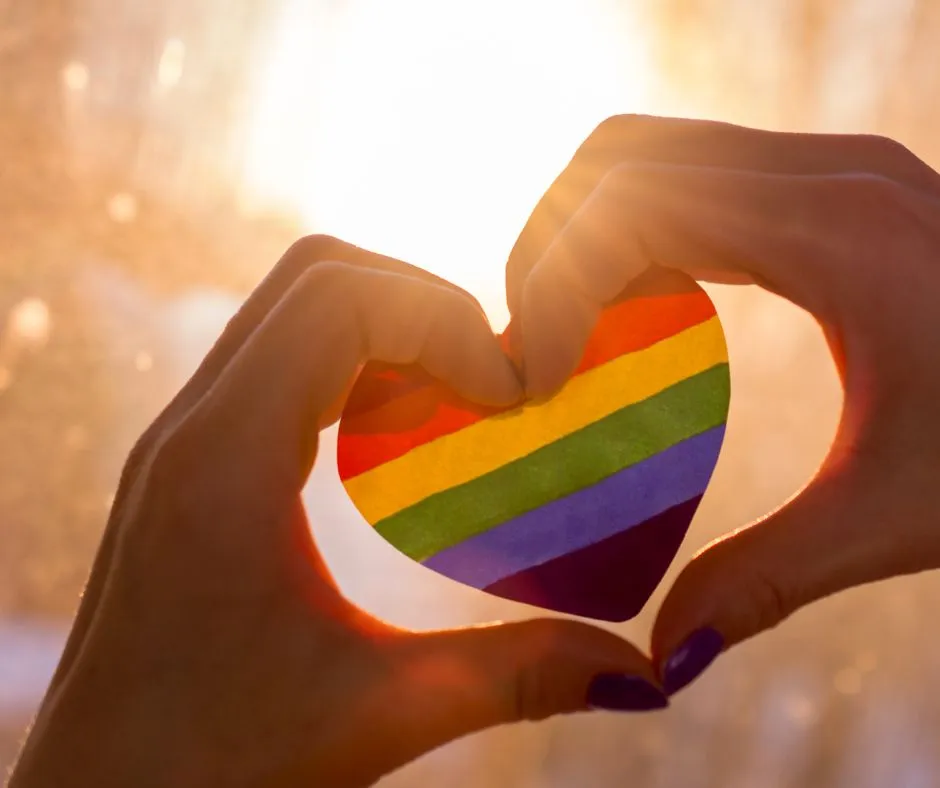Same-sex marriage is a topic of significant importance worldwide, and the case of India is no exception. In a nation with over 1.3 billion people, discussing the rights and recognition of same-sex couples is crucial for ensuring a more inclusive and accepting society. While same-sex marriage remains illegal in India, recent developments have given rise to hope that change may occur. This article explores the journey of love for same-sex couples in India by examining the historical context, the current legal landscape, and the potential pathways to legalization.
I. Historical Context of Same-Sex Relationships in India

The history of same-sex relationships in India is a rich and complex one. Ancient texts such as the Kama Sutra and other literary works demonstrate an awareness of diverse sexual identities and orientations. In particular, the Hindu god Lord Shiva is often depicted as Ardhanarishvara, an androgynous composite of male and female forms, symbolizing the fluidity and diversity of human sexuality.
However, during British colonial rule in India, anti-homosexuality laws were imposed, which had lasting repercussions on the nation’s understanding and treatment of same-sex relationships. In particular, Section 377 of the Indian Penal Code was introduced in 1861, which criminalized “carnal intercourse against the order of nature.” This law effectively outlawed consensual same-sex relationships, leading to widespread discrimination and marginalization of the LGBTQ+ community.
II. The Road to Decriminalization: Section 377 and its Impact

Section 377 of the Indian Penal Code was a significant barrier to recognizing LGBTQ+ rights in India. The provision criminalized consensual same-sex relationships and provided a basis for harassment and discrimination against the community.
Legal battles against Section 377 began in earnest in the 21st century, with several petitions in the Indian courts challenging its constitutionality. After years of legal wrangling and shifting public opinion, a landmark judgment was delivered on September 6, 2018, when the Supreme Court of India struck down the provision to decriminalize homosexuality. This decision marked a significant victory for the LGBTQ+ community, paving the way for further progress in terms of rights and recognition.
After this landmark judgment, conversations around LGBTQ+ rights have gained traction, with same-sex marriage emerging as a critical focus of discussion.
III. Same-Sex Marriage Law in India: Challenges and Progress
Despite decriminalizing homosexuality in 2018, same-sex marriage remains illegal in India. The legal landscape for same-sex couples is defined by three primary personal laws governing marriages in India – the Hindu Marriage Act, the Muslim Personal Law (Shariat) Application Act, and the Special Marriage Act. All these laws explicitly or implicitly recognize marriage as a union between a man and a woman.
Legal challenges in favor of same-sex marriage are ongoing, with several cases filed in Indian courts seeking the recognition of same-sex unions. These cases argue that denying same-sex marriage infringes on constitutional rights to equality, non-discrimination, and personal liberty.
Many countries have adopted progressive legislation to recognize and protect same-sex couples’ rights internationally. For instance, countries such as the United States, Canada, the United Kingdom, and South Africa have legalized same-sex marriage, setting precedents that can influence the legal trajectory in India.
IV. Advocacy and the Fight for Equal Rights
The struggle for LGBTQ+ rights and same-sex marriage recognition in India has been driven by the tireless efforts of activists and organizations. These groups have played a crucial role in raising awareness, mobilizing support, and pushing for legal and social changes.
Popular culture and public opinion have also significantly shaped the discourse around same-sex marriage in India. Films, television shows, and web series have increasingly featured LGBTQ+ characters and storylines, helping to normalize and destigmatize diverse sexual orientations and identities. Additionally, social media campaigns and prominent public figures advocating for LGBTQ+ rights have contributed to a gradual shift in societal attitudes toward the community.
Government responses to the push for same-sex marriage recognition have been mixed, with some political leaders expressing support for LGBTQ+ rights, while others remain firmly opposed. Though slow, policy changes at the state and national levels are beginning to address issues faced by the LGBTQ+ community, such as anti-discrimination measures in the workplace and education.
V. The Way Forward: Potential Pathways to Legalization
Legalizing same-sex marriage in India will likely involve a combination of legal, social, and cultural changes. In the legal sphere, courts will need to recognize that denying same-sex marriage rights constitutes a violation of constitutional principles, paving the way for the amendment or reinterpretation of existing marriage laws. Lawmakers could also introduce new legislation explicitly addressing same-sex marriage.
Socially, continued advocacy and awareness-raising efforts will be essential for fostering a more inclusive society. As public opinion shifts in favor of LGBTQ+ rights, political leaders may be more inclined to support legislative change.
Culturally, the media and entertainment industry will significantly challenge stereotypes and promote acceptance of the LGBTQ+ community. They can help break down barriers and foster understanding by showcasing diverse stories and voices.
VI. Conclusion
The journey toward legalizing same-sex marriage in India is complex and ongoing. The decriminalization of homosexuality in 2018 marked a significant milestone, but there is still much work to be done in pursuing equal rights and recognition for same-sex couples. Through perseverance and continued advocacy, India may one day join the ranks of countries that have fully embraced the love and commitment of all its citizens, regardless of their sexual orientation. Until then, the journey of love for same-sex couples in India continues, with hope for a brighter and more inclusive future.

